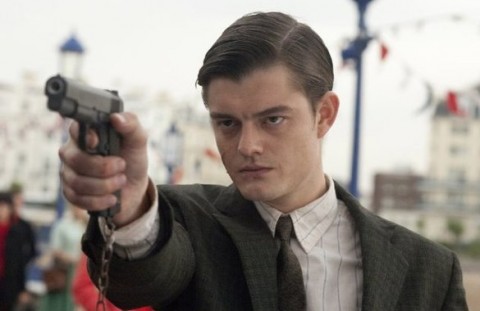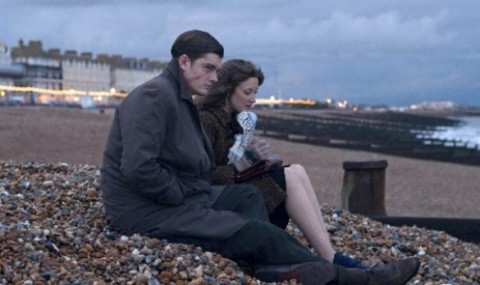Graham Greene’s 1938 masterpiece Brighton Rock is an enduring curio of fiction: A literary pulp novel ahead of its time, a gangland allegory of sin and the cost of redemption, and perhaps most fascinating, a pre-WWII oracle anticipating the traumatic British century to come. It’s a prism through which all the harrowing perils of class strife, organized crime and romantic love bend and refract into Greene’s glowing white weave of language, which, when projected onto a screen, have yielded both an equally classic 1947 screen adaptation and now Rowan Joffe’s troubled updating.

Link:
REVIEW: In Search of Fresh Style, Brighton Rock Loses its Soul



























